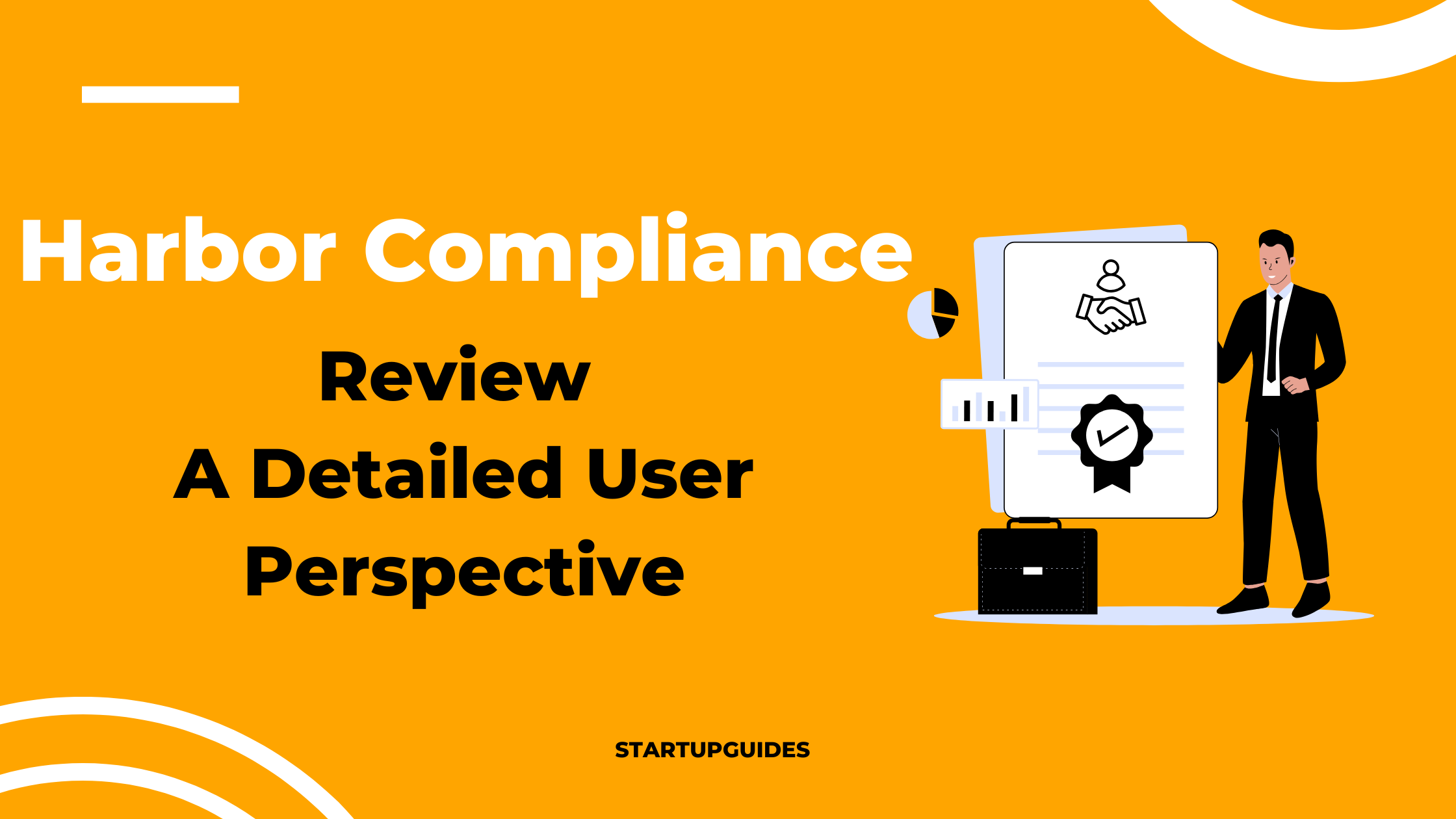Starting a business is one of the most exciting and rewarding things you can do. For many entrepreneurs, the best way to set up a business is by forming a Limited Liability Company, or LLC. This structure offers liability protection for the owners (members), allows flexibility in management, and provides tax advantages.
If you are considering starting an LLC in West Virginia, you’ve made a wise choice. West Virginia provides an easy-to-navigate process for forming an LLC, and it has a relatively low cost of doing business. Whether you’re a first-time entrepreneur or a seasoned business owner, understanding how to form your LLC correctly is crucial for protecting your personal assets and ensuring compliance with state laws.
In this detailed guide, we’ll walk you through the step-by-step process of starting an LLC in West Virginia in 2025. From selecting a name for your business to understanding the taxes your LLC may face, this guide will cover everything you need to know to get your LLC up and running smoothly.
Here Are the Steps to Forming an LLC in West Virginia
Forming an LLC in West Virginia involves a few important steps. Each one is crucial in ensuring your LLC is set up correctly. Let’s go through each step one by one to help you navigate the process.
1. Search Your LLC Name
The first step in the process of starting an LLC in West Virginia is to choose a name for your business. This might sound simple, but there are some rules and regulations you must follow to ensure that your LLC name is acceptable.
Your LLC name must be unique and cannot be the same as or too similar to the name of any other existing LLC or corporation in West Virginia. To make sure your LLC name is available, you can search the West Virginia Secretary of State’s Business Entity Database. This online tool allows you to check if the name you have in mind is already in use.
There are a few requirements to keep in mind when choosing a name for your LLC:
- The name must include the words “Limited Liability Company” or “LLC.” You can use abbreviations such as “L.L.C.” or “LLC.”
- The name cannot contain words that may confuse your LLC with a government agency. For example, terms like “FBI,” “Treasury,” or “State Department” are off-limits.
- The name must not infringe on any existing trademarks or registered names.
If the name you want is available, you can reserve it through the Secretary of State’s office, although this is not required to form an LLC in West Virginia.
2. Choose Whether to List a Second Registered Agent
Once you’ve settled on a name for your LLC, you’ll need to designate a Registered Agent. A Registered Agent is a person or business entity who agrees to receive legal documents and government notices on behalf of your LLC. Every LLC in West Virginia is required to have a Registered Agent.
You can be your own Registered Agent, but it’s often more convenient to hire a professional service. Hiring a Registered Agent service allows you to maintain privacy and ensures that you don’t miss important documents like tax forms or legal notices.
The Registered Agent must have a physical address in West Virginia (a P.O. Box is not sufficient), and they must be available during regular business hours to accept legal documents on behalf of your LLC.
3. File Articles of Organization
After choosing a name and appointing a Registered Agent, the next step is to officially form your LLC by filing the Articles of Organization with the West Virginia Secretary of State. The Articles of Organization is the document that legally establishes your LLC in the state of West Virginia.
You can file the Articles of Organization online, by mail, or in person. Filing online is the most efficient method, and the filing fee is $100.
The Articles of Organization must include the following information:
- The name of your LLC
- The LLC’s principal office address
- The name and address of your Registered Agent
- Whether your LLC will be managed by members or managers
- The purpose of your LLC (you can simply state “to engage in any lawful business activity”)
Once your Articles of Organization are approved, the state will issue a certificate confirming the formation of your LLC.
Veterans and Young Entrepreneurs Get Free LLCs
West Virginia offers a unique incentive for veterans and young entrepreneurs (under the age of 30). If you qualify, you can have the filing fees for your LLC waived. This is an excellent benefit that can save you $100, so if you’re a veteran or young entrepreneur, be sure to take advantage of this offer.
4. Get a Business Registration Certificate
After filing your Articles of Organization, you’ll need to obtain a Business Registration Certificate from the West Virginia State Tax Department. This certificate is required for all businesses that plan to engage in taxable activities such as selling goods or services.
To get your Business Registration Certificate, you will need to apply through the West Virginia State Tax Department’s online system. The cost is typically $30, and the process is relatively quick and easy.
Once you have your Business Registration Certificate, you’ll be authorized to collect and remit sales taxes, pay employee wages, and conduct other taxable business activities.
5. Create an Operating Agreement
While West Virginia doesn’t require LLCs to file an Operating Agreement with the state, it is highly recommended to have one. The Operating Agreement is a key document that sets out the rules and regulations for how your LLC will be run.
An Operating Agreement outlines the rights and responsibilities of the members of your LLC, how profits and losses will be distributed, how decisions will be made, and what will happen if the LLC needs to be dissolved. Having an Operating Agreement in place can help prevent misunderstandings and disputes down the road.
Even if you’re the sole member of your LLC, an Operating Agreement is still a good idea to clarify how your business will be managed and to add a layer of professionalism to your company’s structure.
6. Get an EIN for Your LLC
The next step is to get an Employer Identification Number (EIN) from the IRS. An EIN is essentially a Social Security number for your business. It is required if you plan to hire employees, open a business bank account, or file certain types of tax returns.
You can apply for an EIN online through the IRS website. The process is free and takes just a few minutes. After applying, you’ll receive your EIN immediately.
Even if you don’t plan on hiring employees, it’s a good idea to get an EIN for your LLC. It can be useful for separating your personal and business finances, applying for business loans, and filing taxes.
How Can I Get an EIN?
To get an EIN, go to the IRS website and fill out the application form. You’ll need to provide basic information about your LLC, such as its name, address, and the name of the business owner. Once you complete the form, you’ll get your EIN right away. Keep this number safe, as it’s required for various business activities.
What Do I Do After My LLC is Approved?
Once your LLC is officially formed and you have received your Business Registration Certificate and EIN, it’s time to focus on keeping your LLC in compliance with state laws.
How Much Does a West Virginia Annual Report Cost?
Every year, your LLC will need to file an Annual Report with the West Virginia Secretary of State. The cost for filing the Annual Report is $25. It’s important to file your Annual Report on time to avoid penalties.
When Is the Annual Report Due?
The Annual Report for your LLC is due on the last day of the month in which your LLC was formed. For example, if you formed your LLC in March, your Annual Report will be due by the end of March each year.
When Is My First Annual Report Due?
Your first Annual Report is due the year after you form your LLC. For example, if you form your LLC in 2025, your first Annual Report will be due in 2026.
How Do I File My LLC Annual Report?
Filing your Annual Report is a simple process that can be done online through the West Virginia Secretary of State’s website. You’ll be asked to provide basic information about your LLC, such as the names of its members and Registered Agent. After submitting the report, you’ll pay the filing fee, and your report will be processed.
How Will My LLC Be Taxed?
West Virginia LLCs are generally treated as pass-through entities for tax purposes, meaning that profits and losses are passed through to the members’ personal tax returns. This helps avoid the double taxation faced by C-corporations.
However, if your LLC has more than one member, it will be taxed as a partnership by default unless you choose to be taxed as an S-corp or C-corp. This flexibility is one of the reasons LLCs are so attractive to small business owners.
It’s a good idea to consult with a tax professional to determine the best tax structure for your LLC.
Conclusion
Starting an LLC in West Virginia in 2025 is a relatively simple process, thanks to the state’s user-friendly online tools and resources. Whether you’re a veteran, a young entrepreneur, or a seasoned business owner, forming an LLC offers numerous benefits like liability protection and tax flexibility. By following the steps outlined in this guide, you can ensure that your LLC is properly formed and compliant with state laws. Best of luck with your new business!
FAQs
What Is the Cost to Form an LLC in West Virginia?
The basic cost to form an LLC in West Virginia is $100 for filing the Articles of Organization. If you’re a veteran or a young entrepreneur under the age of 30, you may be eligible for a free LLC formation.
Can I Be My Own Registered Agent in West Virginia?
Yes, you can act as your own Registered Agent in West Virginia, provided you have a physical address in the state and are available during regular business hours to receive legal documents.
Do I Need an Operating Agreement in West Virginia?
While West Virginia doesn’t require an Operating Agreement to be filed with the state, it is highly recommended to have one. It helps define the structure and responsibilities of your LLC, especially if you have multiple members.
How Do I Get an EIN in West Virginia?
You can get an EIN from the IRS by applying online. It’s a free and simple process that will only take a few minutes.
What Taxes Do LLCs Pay in West Virginia?
LLCs in West Virginia are generally subject to state taxes like income tax and sales tax, depending on the type of business you run. It’s important to file an annual report and keep up with your state tax obligations to avoid penalties.





